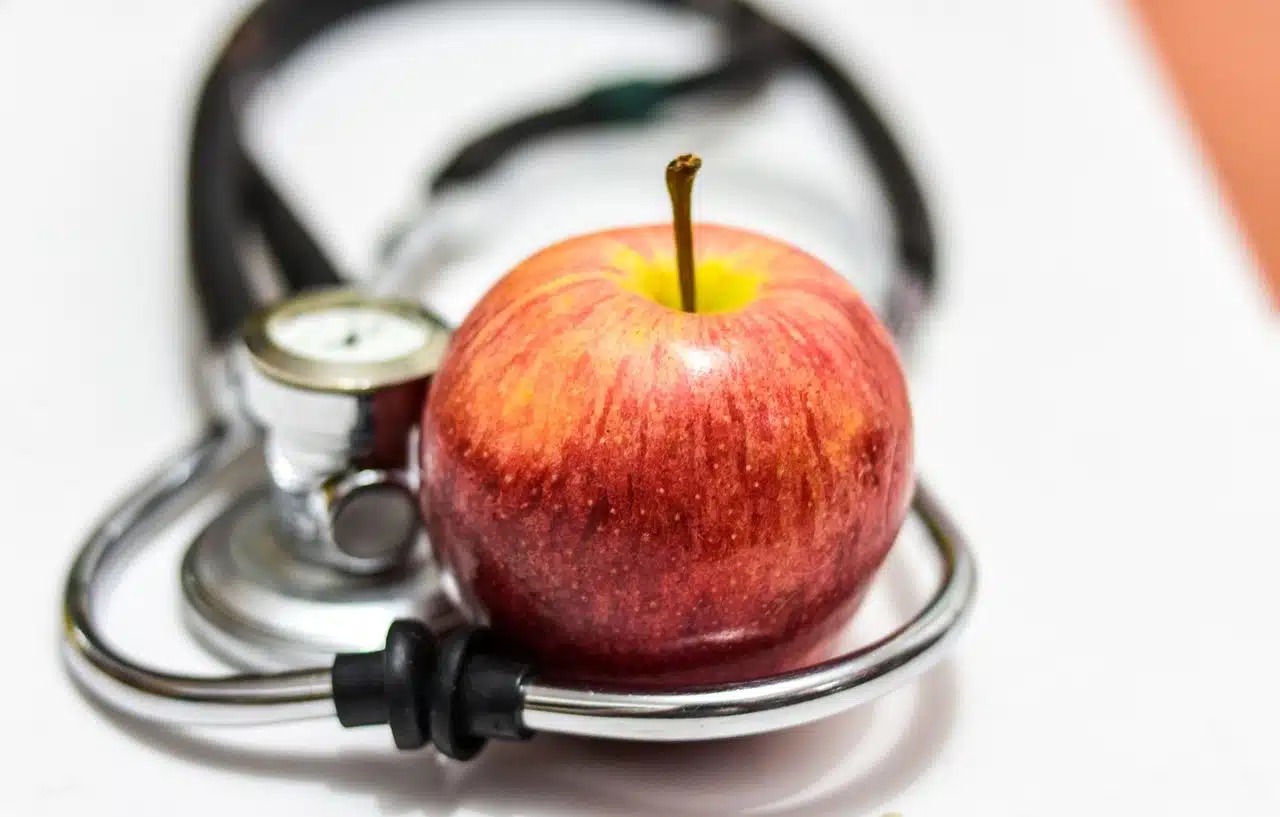
The right to health has an inclusive, universal essence and transcends the issue linked to keeping someone free of diseases: it also contemplates the conditions for a dignified life, careful work performance and comprehensive well-being.
The right to health is, from the interpretation of those who make up the World Health Organization (WHO) , a state that transcends the simple absence of a pathology, illness or disease and encompasses both internal and external well-being . In practice, this right translates into social, mental and physical fulfillment essential to enjoying the best possible quality of life.
Every State , within this framework, must offer the necessary conditions so that all citizens, without exception, have the opportunity to access the services, resources and benefits required for an optimal existence.
In this context, it is vital to guarantee a free healthcare system so that no one is deprived of access to medical care when they consider it necessary, whether or not it is an emergency situation. In each country there should also be good decisions and solid policies in matters of public health , free vaccination campaigns in order to ensure that the entire population completes the mandatory calendar scheme and support for scientific research and innovation at the service of health .
What does the right to health encompass?
The right to health encompasses four basic issues.
First of all, there must be availability. Professionals from various medical specialties, infrastructure in good condition, adequate tools and equipment for early detection of diseases and accurate diagnoses , and resources for rapid transfer of patients should be distributed in such a way as to ensure to every subject part of the content present in the Universal Declaration of Human Rights . Unfortunately, inequities in access to health care and social inequalities are the order of the day: there are still children, young people, adults and the elderly who die from causes that can be prevented and/or treated, people who survive without power cover their basic needs in order to achieve a dignified life, individuals without access to essential medications to deal with chronic diseases and people who, due to various circumstances, do not develop positive habits such as periodically exercising, resting well and adopting a plan healthy eating .
In connection with the previous point, accessibility appears, important both so that the community as a whole has economic and physical opportunities to use a health service and, at the same time, has sources of information for advice and education for health from an early age.
Acceptability , understood from sensitivity, respect and empathy, is another key aspect. There must always be medical ethics that lead health professionals to provide services in an equitable and fair manner without conditions or discrimination based on culture, beliefs, gender, nationality, age, social class or sexual orientation. from someone
The quality of medical care is another relevant principle to support the right to health .

Performing physical exercise and adopting healthy eating habits benefits the body, mind and spirit because it provides general well-being.
Patient rights
In the role of patient , every human being has several rights linked to their person. In addition to being legally guaranteed to always be aware of your state of health and be able to make decisions regarding whether or not to undergo any treatments, you have the right to be treated with respect and in a dignified manner.
There is also an instrument for the protection of the patient framed in the rules of bioethics known as the right to informed consent . This resource aims to assert the will and autonomy of the patient after having been duly notified of a diagnosis and of the possible treatments or procedures suggested by those responsible for evaluating their case. Once the medical opinion is received and understood, the patient has rights but must also adjust to certain guidelines, limitations or protocols when deciding how they wish to face the situation that has been communicated to them.
On the other hand, the health system and the entire structure or areas involved in care must be oriented towards patient safety . It is essential to prevent damage or unwanted effects in the process or methodology related to health care . It should be noted that difficulties or problems may appear derived from a previous condition of the person, from clinical practice, as a result of a certain procedure, an intolerance to a certain medication, medical errors that occur in a surgical intervention or when prescribing a medication, etc

To keep the immune system strengthened, promote well-being and minimize the risk of suffering from certain health problems, it is essential to have a balanced and healthy diet.
Areas of the right to health
The right to health is approached from different spheres, since each need, situation and reality is unique.
It is necessary to direct efforts towards the comprehensive health of each individual, but within this framework, special attention must be paid to mental health services , offering humanized, dignified and respectful services to those who require evaluation, containment, treatment and follow-up.
Work must also be done to guarantee both the right to reproductive health and the right to sexual health . In some nations, to detail a current support that from the view of many people is an achievement, the law protects women who want to have the option of having a safe and legal abortion available if they voluntarily choose to terminate their pregnancy.
In short, it is about considering and valuing each population group, minorities, victims of an event that puts their lives at risk, babies, children, adolescents, adults, those who They go through old age... Every human being has the right to health , which is why we must educate ourselves about it to defend it, take advantage of it and enforce it.
